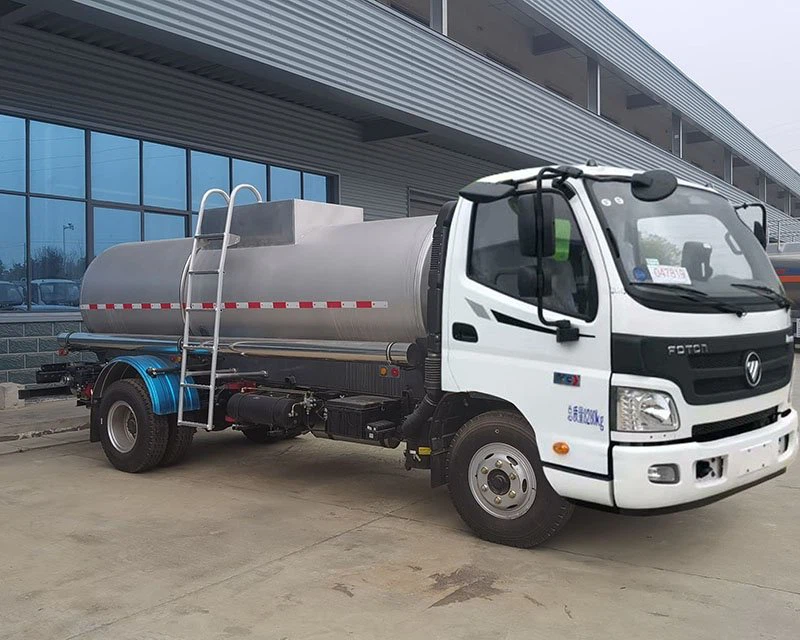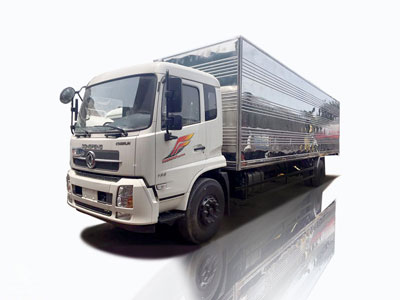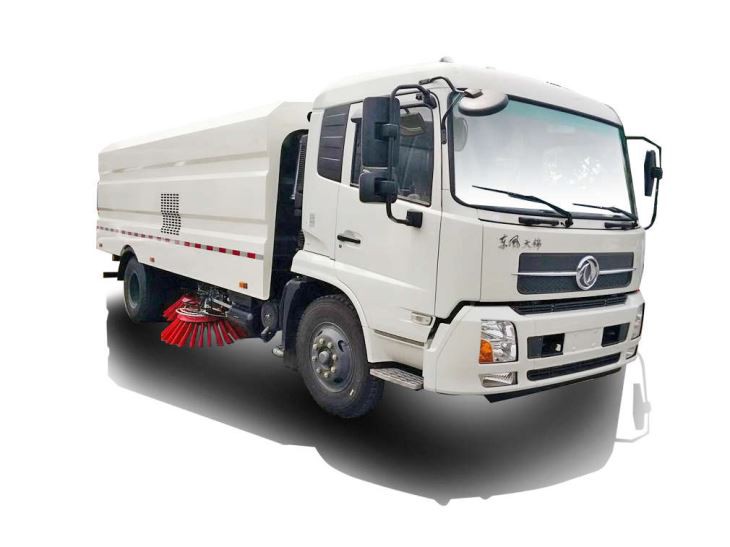Introduction
Managing waste is a growing concern for households around the globe. With increasing awareness about waste management and pollution, many homeowners are seeking efficient solutions to minimize their garbage footprint. One such solution is the residential garbage compactor. This article explores everything you need to know about residential garbage compactors, their benefits, how to choose the right one, maintenance tips, and answers to frequently asked questions.
1. What is a Residential Garbage Compactor?
A residential garbage compactor is a device designed to reduce the volume of waste. It crushes garbage into smaller, denser packages, enabling you to dispose of more waste in less space. Unlike traditional trash cans, garbage compactors help in optimizing space and improving the overall efficiency of waste management at home.
1.1 How Does It Work?
The operation of a residential garbage compactor is straightforward. When you load the unit with waste, the compactor’s motor activates a plate that pushes down on the garbage, compressing it tightly. This process significantly reduces the size of the waste, allowing more to fit into the container.
1.2 Types of Residential Garbage Compactors
There are two primary types:
- Stand-Alone Compactors: These units are independent appliances that can be installed in various locations around the home.
- Built-In Compactors: These are integrated into kitchen cabinets or counters, providing a seamless look and saving space in your kitchen.
2. Benefits of Using a Residential Garbage Compactor
Investing in a garbage compactor comes with numerous advantages:
2.1 Space Efficiency
One of the most significant benefits is space management. A compactor reduces the overall volume of waste, allowing you to store more in your bins.
2.2 Odor Control
Garbage compactors are often equipped with odor control features, such as filters, that help minimize unpleasant smells emanating from food waste and other materials.
2.3 Eco-Friendly Solution
By reducing the volume of waste, you consequently contribute less to landfills, making garbage compactors an environmentally friendly option.
2.4 Reduced Pest Attraction
Less exposed waste means fewer pests, such as flies and rodents, which are attracted to garbage.
2.5 Convenience and Time-Saving
With a compactor, you spend less time taking out the trash. You can pack more waste into one collection, saving time and effort.
3. Choosing the Right Residential Garbage Compactor
Selecting the right compactor requires careful consideration of various factors:
3.1 Size and Capacity
Consider how much waste your household generates. For larger families, a bigger model with higher capacity might be necessary.
3.2 Power and Performance
Look for models with strong motors and durable construction, ensuring that they can handle tougher materials and will last longer.
3.3 Features
Modern compactors come with various features such as:
- Automatic Shut-Off: Saves energy and prevents overloading.
- Odor Control Systems: Essential for kitchens handling organic waste.
- Noise Reduction: A quieter operation may be preferred in residential settings.
3.4 Cost and Budget
Prices can range significantly, so establish your budget beforehand and look for models that offer the best value for features.
4. Installation of a Residential Garbage Compactor
Installing a residential garbage compactor can be a straightforward process:
4.1 Professional vs. DIY Installation
Evaluate whether to hire a professional or install it yourself. While many people opt for DIY, a professional can ensure it’s done correctly.
4.2 Choosing the Location
Identify an accessible spot in your kitchen or utility area. Ensure there’s an electrical outlet nearby and enough space around the unit.
5. Maintenance Tips for Your Garbage Compactor
Proper maintenance ensures longevity and effective performance. Here are some essential tips:
5.1 Regular Cleaning
Clean the inner compartment regularly to prevent odors and build-up of residue.
5.2 Inspect Moving Parts
Check the motor and moving parts frequently for wear and tear. Lubricate or replace as necessary.
5.3 Dispose of Waste Properly
Only dispose of appropriate materials in your compactor. Avoid overloading it with heavy items that can damage the unit.
6. Common Issues and Troubleshooting
Residential garbage compactors may encounter various issues. Here’s a look at some common problems:
6.1 Compactor Won’t Start
Ensure it is plugged in, the door is closed correctly, and check the circuit breaker.
6.2 Odor Problems
If odors are persistent, clean the unit thoroughly and replace the odor filter if your model has one.
6.3 Jamming Issues
If the compactor jams, turn it off and carefully remove the jammed material before restarting.
7. Practical Examples of Use
Many homeowners find innovative ways to use their garbage compactors:
7.1 In Kitchen Areas
In a busy kitchen, compactors can efficiently manage food waste, enabling regular meal prep without the hassle of frequent trash disposal.
7.2 Outdoor Events
Some families utilize their compactors for outdoor events, compounding trash efficiently from barbeques and parties, making clean-up much easier.
7.3 In Home Offices
Using a compactor in a home office can help manage paper waste, keeping the workspace tidy and organized.
8. Cost of a Residential Garbage Compactor
The cost of residential garbage compactors varies based on function, brand, and features. Here’s a breakdown to guide you:
| Type | Price Range |
|---|---|
| Basic Stand-Alone Compactors | $600 – $1,200 |
| High-End Stand-Alone Compactors | $1,200 – $2,500 |
| Built-In Compactors | $800 – $2,000 |
9. Environmental Impact of Garbage Compactors
Using a residential garbage compactor allows households to play a role in environmental responsibility:
9.1 Reduction in Landfill Waste
By compacting waste, less space is required in landfills, helping to mitigate environmental pollution.
9.2 Encouraging Recycling
With less overall waste, it becomes easier to prioritize recycling materials such as plastics, metals, and paper.
9.3 Community Impact
Collectively, if more households adopt compactors, communities can experience a substantial decrease in garbage collection frequency and costs.
10. Frequently Asked Questions (FAQs)
10.1 What types of waste can be compacted?
Most organic and recyclable waste can be compacted, but avoid hard materials like metals, glass, or any hazardous waste.
10.2 How often should I empty my garbage compactor?
This depends on your household waste generation, but monthly cleaning is advisable to avoid excessive odors and buildup.
10.3 Is a residential garbage compactor energy-efficient?
Yes, modern models are designed to be energy-efficient and consume less power compared to traditional trash compactors.
10.4 Can I use a garbage compactor for yard waste?
It is not advisable to compact yard waste as it can cause jamming and damage the compactor.
10.5 How do I troubleshoot if my compactor is not working?
Check power connections, ensure the door is closed properly, and examine for jams. Consult the manual for specific troubleshooting steps.
10.6 Do I need special bags for my garbage compactor?
Some models require specific compactor bags, while others can use standard kitchen trash bags. Always check your compactor’s requirements.



